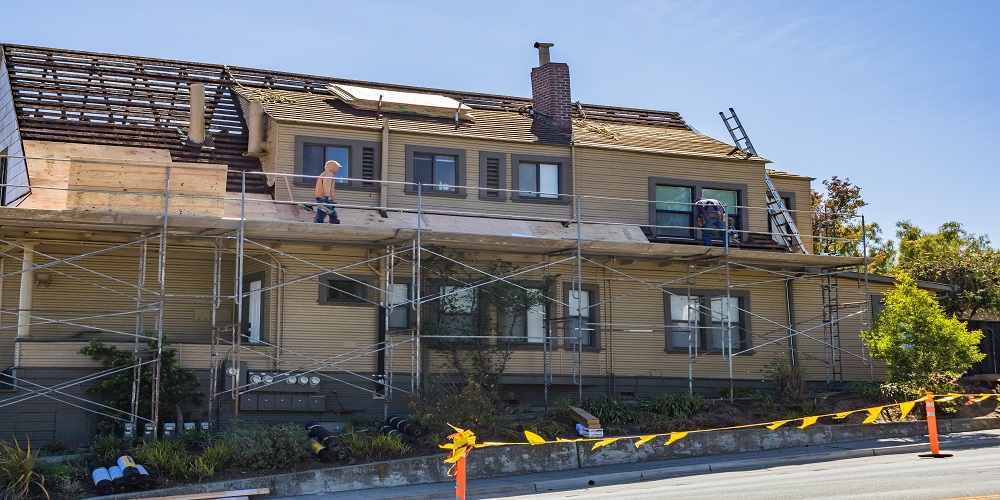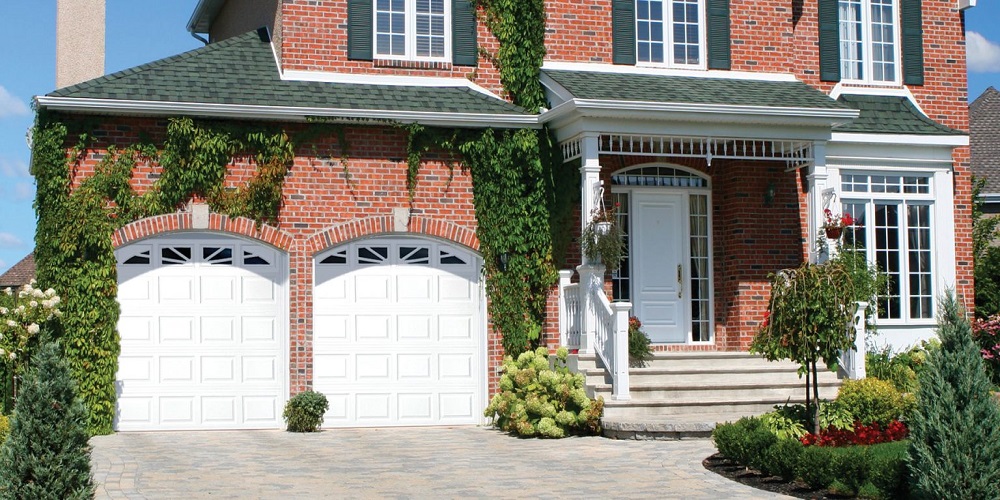A safe, secure roof over your head is essential for any home. To ensure that your roof is in top condition and able to protect you and your family, routine inspections should be conducted as part of regular maintenance.
This means checking for common issues such as rot, leaky sealants and missing shingles, which can cause serious damage if left unchecked.
In this article, we’ll be discussing everything you need to know about residential roofing inspections.

Why It’s Important To Have Regular Inspections
When it comes to the structure of our homes, it pays to be vigilant not just for aesthetic reasons but also for safety. That’s why regular inspections on your rooftop are necessary.
Even the most minor signs of disrepair can lead to larger (and more expensive) problems.
For example, small leaks may be easy enough to fix now, but they could become much worse if they aren’t noticed in time; likewise, missing tiles or broken seals can leave your property vulnerable to further damage caused by the elements and could cost thousands in repairs.
When to Get a Roof Inspection?
The best way to ensure that your roof is in good condition is to get regular inspections from a professional roofer.
Depending on the age and material of your roof, you should get it inspected every 3-5 years or after any major storm event.
If your roof is over 20 years old, it should be inspected annually or after any major storm event.
You should also consider having your roof inspected if you notice any signs of damage, such as missing shingles, cracked tiles, or standing water on the roof’s surface.
What Should Be Looked At During An Inspection?
There are many things that an inspector will check when inspecting a common rooftop area, including looking at gutter drains and flashings around windows/doors and checking inside chimneys and attics where appropriate.
They’ll also take note of any water stains or other signs of disrepair that might indicate a problem and make sure all structural elements are up-to-code, regardless of whether it’s an old or newly constructed property.
How Often Should I Schedule An Inspection?
This always depends on individual preference; some prefer to inspect their roofs every 6 months, while others only do them annually (or after major weather events).
The important thing is that you pay attention to routine checks, so try setting reminders on your calendar or enlisting the help of professionals like roofers who can perform regular maintenance for added peace of mind.
Conclusion
Routine inspections on your rooftop are essential to maintain its condition and integrity throughout the years. This means looking out for signs of decay that could become costly problems later down the line, plus preventative measures like cleaning gutters and sealing gaps which can further prolong its lifespan.
With just a little effort, anyone can keep their properties safe from future damages, so schedule those appointments today.
The cause of spray foam insulation benefits improves structural strength and energy efficiency reduces pollen and allergens and prevents mold and mildew growth, and benefits of durability.




